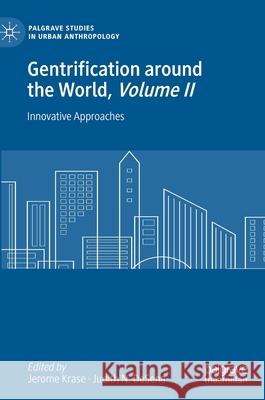Gentrification Around the World, Volume II: Innovative Approaches » książka
topmenu
Gentrification Around the World, Volume II: Innovative Approaches
ISBN-13: 9783030413408 / Angielski / Twarda / 2020 / 319 str.
Gentrification Around the World, Volume II: Innovative Approaches
ISBN-13: 9783030413408 / Angielski / Twarda / 2020 / 319 str.
cena 401,58
(netto: 382,46 VAT: 5%)
Najniższa cena z 30 dni: 385,52
(netto: 382,46 VAT: 5%)
Najniższa cena z 30 dni: 385,52
Termin realizacji zamówienia:
ok. 22 dni roboczych.
ok. 22 dni roboczych.
Darmowa dostawa!
Kategorie:
Kategorie BISAC:
Wydawca:
Palgrave MacMillan
Seria wydawnicza:
Język:
Angielski
ISBN-13:
9783030413408
Rok wydania:
2020
Wydanie:
2020
Numer serii:
000764257
Ilość stron:
319
Waga:
0.70 kg
Wymiary:
21.01 x 14.81 x 2.69
Oprawa:
Twarda
Wolumenów:
01
Dodatkowe informacje:
Wydanie ilustrowane











